HIMYM Mistakes That How I Met Your Father Needs To Avoid
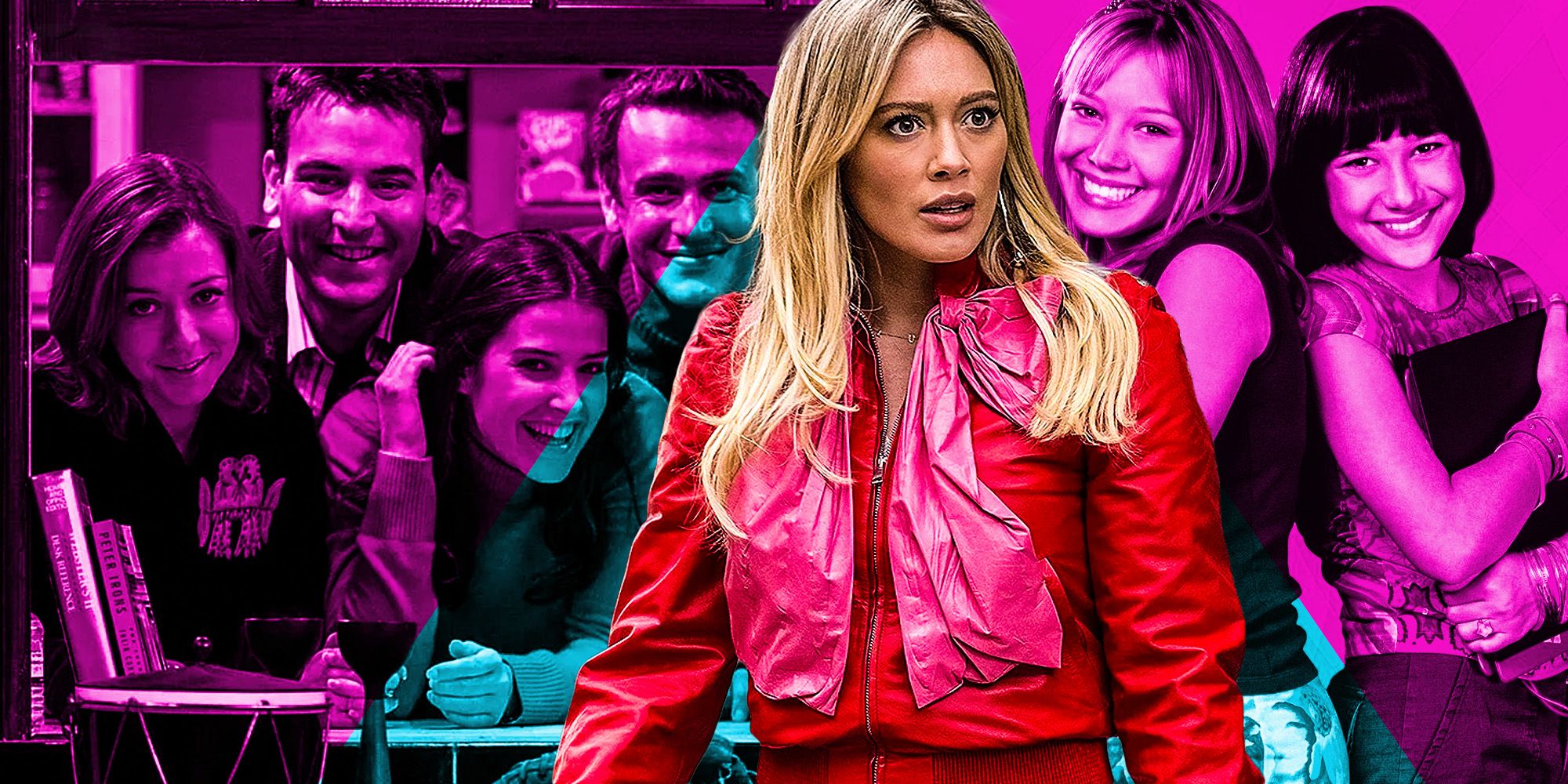
How I Met Your Mother was a well-liked sitcom, but the show’s upcoming spinoff How I Met Your Father needs to avoid the shortcomings of its predecessor to succeed. When How I Met Your Mother debuted in 2005, the series seemed to many fans like a perfect replacement for Friends. Like the then-recently concluded mega-hit, How I Met Your Mother centered around a sextet of friends living in New York and navigating the tricky territory of careers, dating, and modern marriage with hilarious results.
However, as the title implied, How I Met Your Mother had a clever premise that saved the series from being just another Friends clone. The series was narrated by its protagonist Ted, with the conceit of the show being that he was recounting the titular story to his children decades after it occurred. How I Met Your Mother’s vision for the future may not have panned out in reality, but this concept did allow the show to stand out and develop a massive following across the course of its nine seasons.
As the show grew in popularity, How I Met Your Mother became a full-blown pop culture phenomenon. The series reignited the career of former child star Neil Patrick Harris and launched the careers of stars Jason Segel and Cobie Smulders to new heights. By its later seasons, How I Met Your Mother even boasted regular A-list guest stars like Katy Perry, Nicole Scherzinger, and Britney Spears, and the series earned consistently solid (if gradually declining) reviews as well as a huge following. The final season, however, saw all this success come crashing down as How I Met Your Mother’s finale proved deeply divisive. Abhorred by critics and a large portion of the fandom, the finale of the series was not How I Met Your Mother’s worst episode but it was a twist that few viewers wanted and many felt the series had tried too hard to work in, despite the story not making sense. Now, How I Met Your Mother is set to earn a spinoff in the form of How I Met Your Father, but can this new sitcom avoid the pitfalls that led to the critical decline of its predecessor?
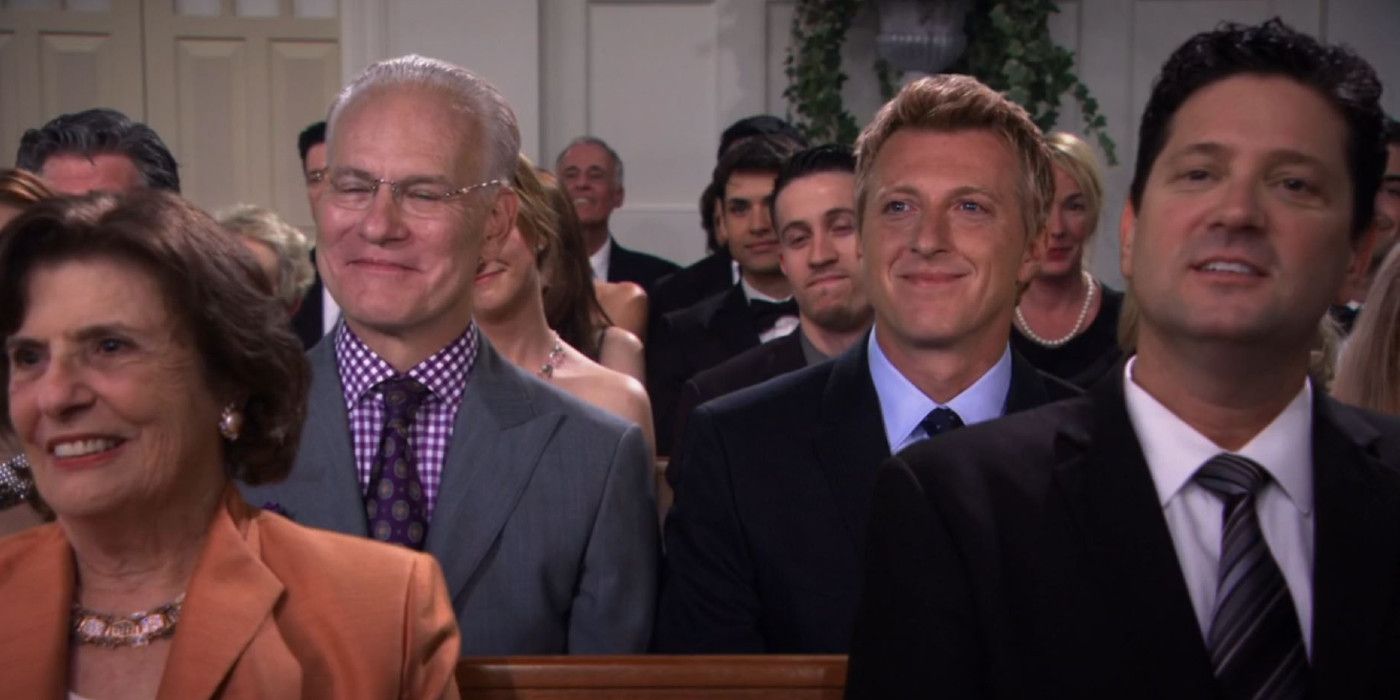
It is more than understandable that the creators of How I Met Your Mother came to rely on experimental storytelling as the series progressed, as the show’s earliest playful episodes earned critical acclaim for subverting sitcom tropes. Episodes like “The Pineapple Incident” and “No Tomorrows” received rave reviews for telling their stories in reverse or non-chronological order, while later outings retold the same story from numerous perspectives or compared two possible outcomes of the same incident. However, How I Met Your Mother’s lesser later seasons came to rely on this sort of playful storytelling solely for the sake of seeming innovative, without the techniques complimenting the story.
By way of example, compare the last season of How I Met Your Mother with the third season’s "No Tomorrows". The former is undeniably a more impressively ambitious storytelling experiment — the entire season’s action takes place across the course of two days leading up to Barney and Robin’s wedding (save for the controversial epilogue, that is). However, there’s no real reason for this approach and no attempt to justify the strange decision thematically. In contrast, the story of “No Tomorrows” is only one episode whose action unfolds in reverse order, Memento-style, but even in one twenty-minute sitcom outing, How I Met Your Mother proves that it can use this format to reveal that what appears to be comically harmless drunken behavior is sad, selfish, and self-destructive when placed in context. It’s a twist that works because it illustrates another side of the character as well as being an interesting way to tell the story, where later seasons simply hoped that the latter quality would make experimental storytelling worthwhile.
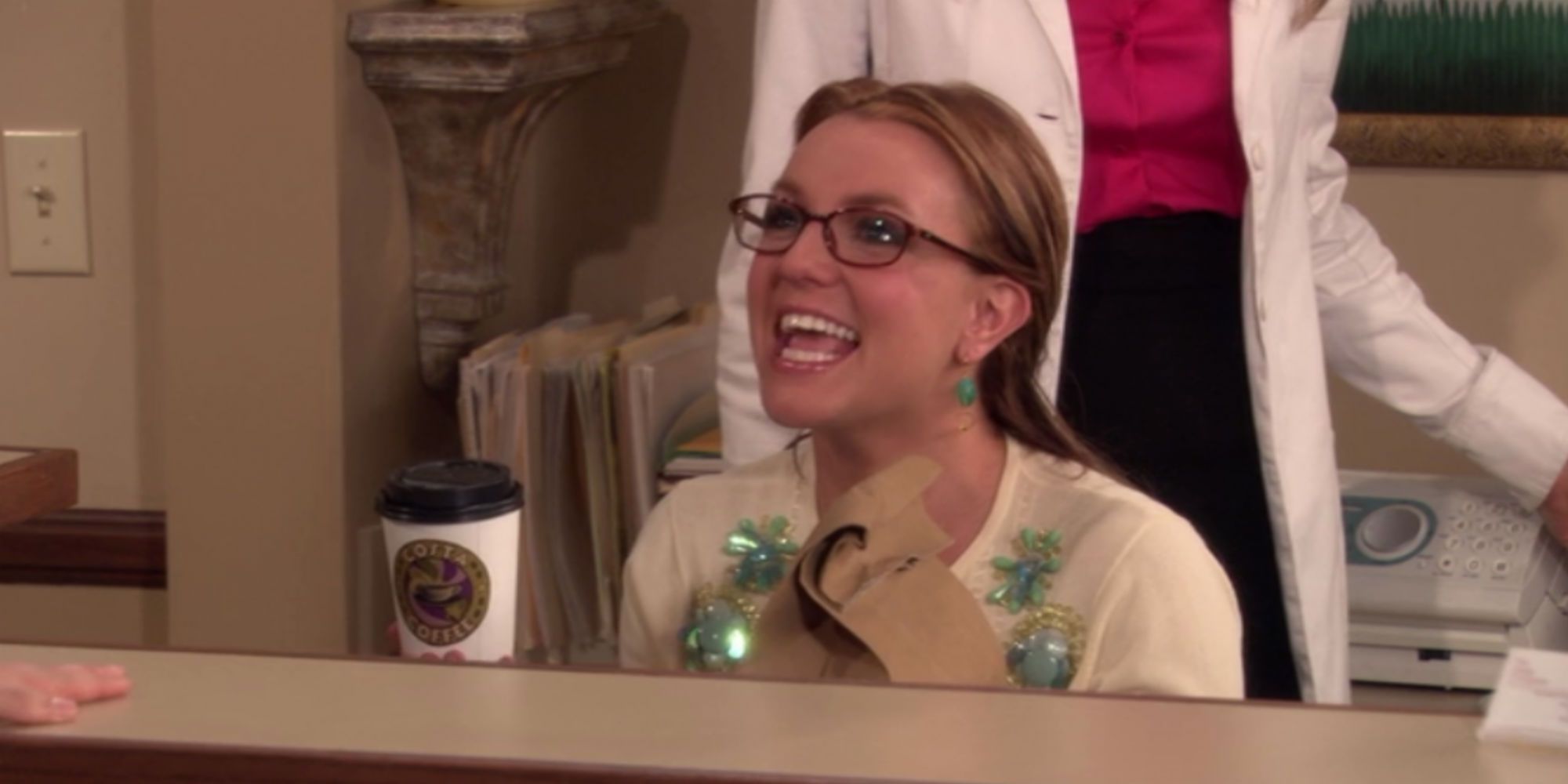
Similar to the over-reliance on experimental storytelling found in the show’s later seasons, How I Met Your Mother also fell into a classic sitcom trap as the show’s profile grew. In its early seasons, How I Met Your Mother utilized cameos with care, but by the time the series was popular enough to earn the attention of Britney Spears, the show was happy to take on cameo appearances for their own sake. Despite Neil Patrick Harris’ annoyance, Spears’ cameo opened the floodgates for a slew of big-name guest stars, many of whom contributed little other than the novelty value of a famous face to the sitcom.
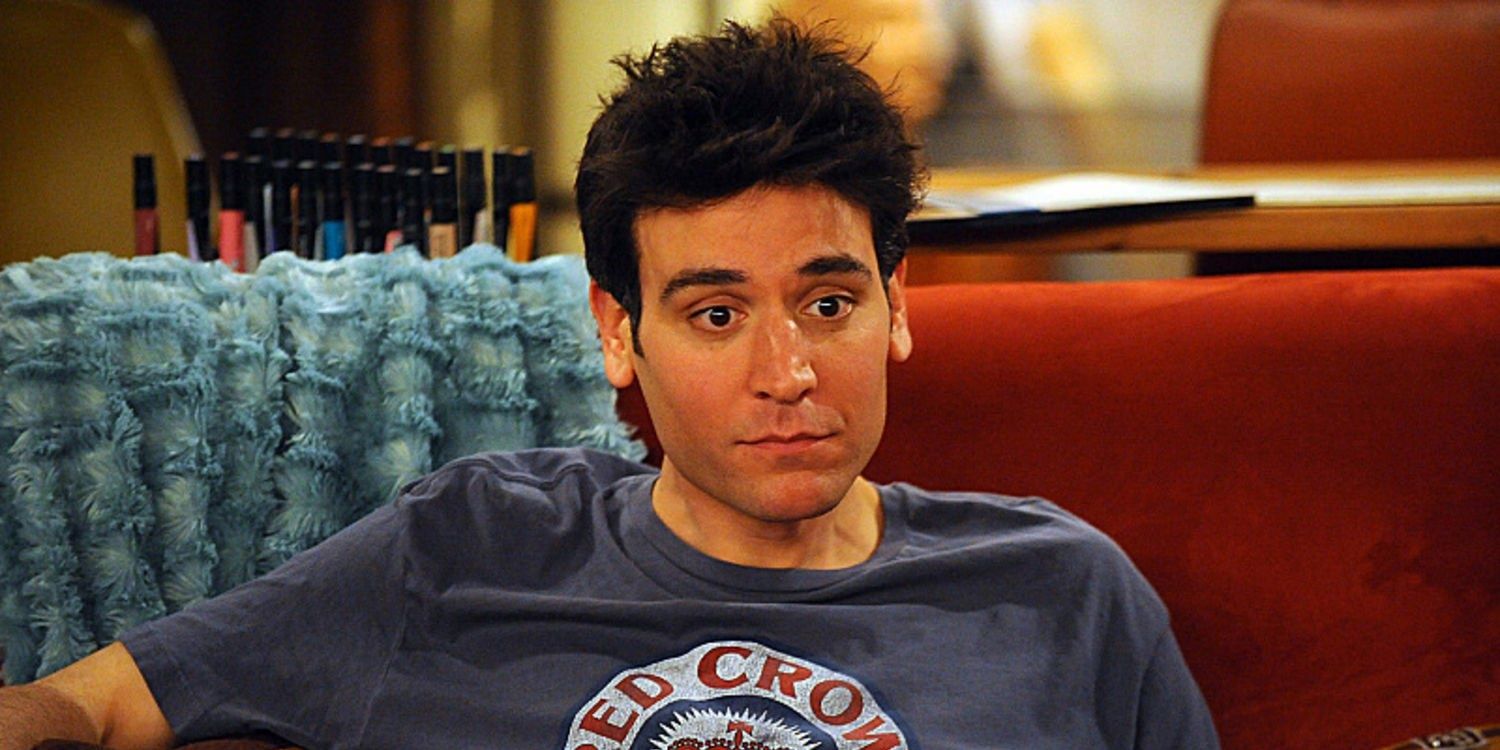
It is almost cliche to note that Ross is not a lot of viewers' favorite cast member from Friends, and yet the neurotic paleontologist was still the character around whom many of the show’s longest-lasting storylines revolved. However, in the case of How I Met Your Mother, this issue is much more instrumental to the critical decline of the show. Ted was not only a disliked protagonist but a disliked narrator, too. The show’s ostensible hero was so widely disliked that at one point a cameo-ing Kyle MacLachlan, who played the Captain, left many viewers rooting for him rather than Ted and his wife (with whom Ted was having an affair). Ted was seen by many viewers as self-centered, indecisive, and callous, something the spinoff series will need to avoid with its central character.
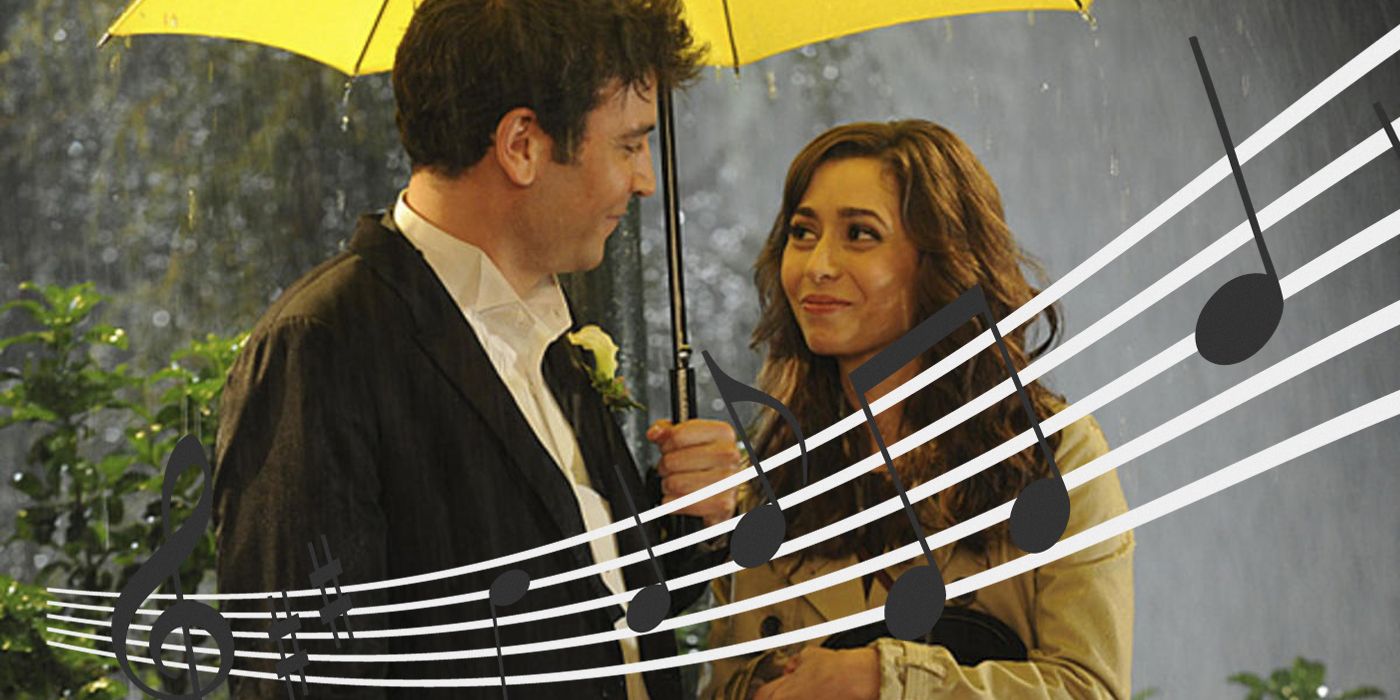
Although many viewers were annoyed by the ending of How I Met Your Mother, for a lot of fans the issue was mostly with the fact that the show seemed to be sticking to an ending that the pilot set up despite the characters changing and growing in the interim. The romantic gesture that Ted makes toward Robin at the close of the pilot is genuinely sweet, but the following nine seasons unequivocally illustrate that the pair is not a good match. As such, many fans felt cheated by an ending that seemed set in stone since the series began, something that How I Met Your Father needs to avoid to keep its central story compelling. How I Met Your Mother’s biggest issue was that the show had its path defined from the first episode, something its upcoming spinoff How I Met Your Father can avoid by simply changing its story as the series progresses and letting the plot grow with the characters, instead of starting from a planned ending and working backward.
No comments: